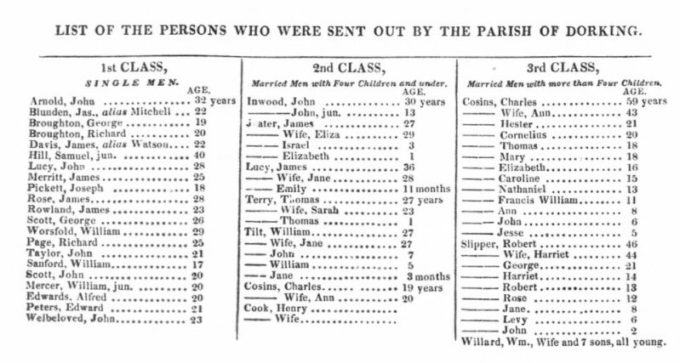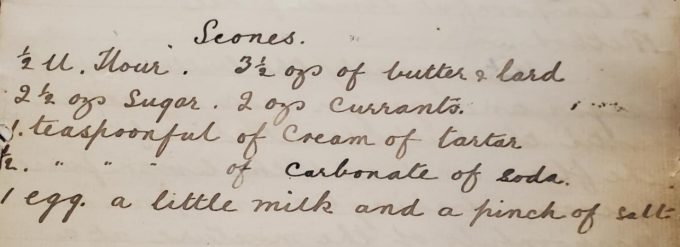Miscellaneous items I found of interest during the week.
Casualty Returns
On the BIFHSGO Facebook Group a query was posted about a shipwreck in 1947. A promising looking resource is the Casualty Returns refering to the total losses of ocean going merchant ships over 100 gross tonnes. The Returns were published quarterly and annually from 1890 to 2000, recording losses according to flag and cause of loss.
Scotland’s 1921 census release delayed
ScotlandsPeople have announced that the release of the 1921 census in Scotland, originally scheduled for summer 2021, has been pushed back to late 2022.
Scotland, Dumfries and Galloway Census & Population Lists 1792-1821
A small (less than 5,000 entry) addition to FMP last week.
Mispronunciation: why you should stop correcting people’s mistakes
Guilty
Ottawa Branch OGS
In the absence of Heather Oakley the AGM on Saturday was chaired by Mike More. All votes passed unanimously. Branch Council membership remains the same, membership numbers are steady around 315 and thanks to the low expenses of a virtual meeting a substantial surplus was created from Gene-O-Rama 2021. Local genealogical organizations continue to benefit from Branch grants – typically $2,500.
Environmental action: why some young people want an alternative to protests
Thanks to this week’s contributors: Anonymous, Bev Craig, Gail Benjafield, Judith H., Sue C., Unknown.


 Three new collections for those searching Irish ancestry.
Three new collections for those searching Irish ancestry.
 MyHeritage
MyHeritage It includes this image from the book — quantities given by weight the British way.
It includes this image from the book — quantities given by weight the British way.  The
The